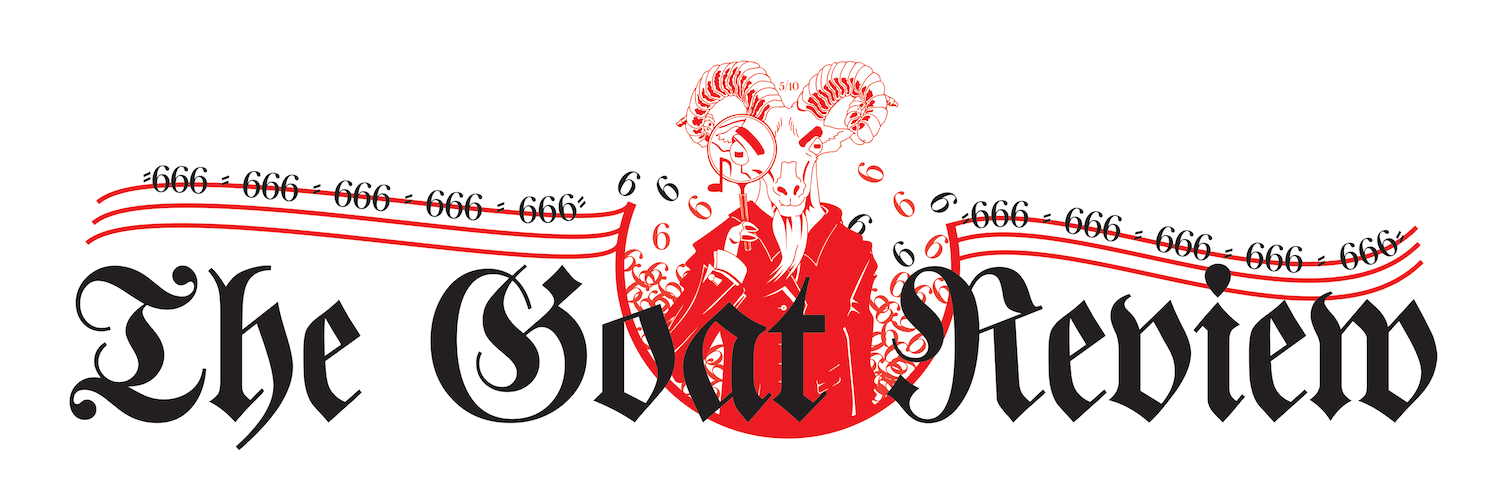
Splits are often very hard to review, often having come about because there is a financial constraint, and it is young bands splitting the cost of printing CDs or other media. This leads to these kinds of releases being short, rough around the edges, with bands putting their most proof of concept material forward. While this has recently shifted, with the split becoming more of a collaborative throwback type release, they remain short and therefore unconducive to reviewing form or pacing. This gets complicated by the fact that the two bands often did not collaborate on the material proper, possibly leading to a harsh disparity in quality and style. Atvm and Diskord seem to approach the medium with an awareness of its usual pitfalls. Bipolarities is album length and the title hints at the fact that indeed, this is an album of two distinct halves. Ironically, these two bands in particular could have probably gotten away without this naming scheme, as they seem like a match made in heaven stylistically. While Atvm favor longer songs with genre-shifting gimmickry in comparison to Diskord‘s funky free-form mashup of free jazz and Finndeath, they clearly occupy the same space in avant-garde death metal where a sense of fun and musical exploration is not sacrificed on the altar of self-importance.
Diskord‘s side showcases this beautifully. While the band maintains their fluid rhythmic approach that stands in stark opposition to the hyper-quantized instrumental nature of modern tech death, they have streamlined their songwriting approach. Where in the past sudden rhythmic and harmonic found signal with little more than the hit of a cowbell, Diskord seems to feel more comfortable to linger on their best material here. Liquid, every changing groove supported by a varying array of bass tones and timbres, topped by aggressive yet emotive vocals dominate the A-side of this split. Frankly, this is potentially Diskord‘s best material yet and the band could have likely been successful with it as a standalone EP, as well.
Atvm make less of a stylistic shift on their side. Their epic, overlong songs feel grand in comparison to Diskord‘s, but they feel purposeful in its ambition. The doctrine here is still a logical development of the prog death of the 90s, with all its love for Latin music and jazz fitted onto a grander scale. Excursions into dad rock-oriented solos over jazz-tinged Latin chords make up big percentages of these songs, and if straightforward and homogenous soundscapes are what you are after, this is decidedly not it. I have always championed Atvm for their defiance of dark textures in their music, and this is still present here in pleasing ways. Unfortunately, Atvm cannot completely let go of what made me hesitate to list their previous outings. Atvm opt for an underproduced sound on their albums, with their sound appearing unusually dry and as little more than rehearsal room recordings. Predecessor Famine, Putrid and Fucking Endless had an overly warm and fuzzy production courtesy of Colin Marston which likely reflected the band’s desire to appear unpolished and raw. The jazz club aesthetic is still present on Atvm‘s newest material, but I will give Marston credit in that he improved on the chosen sound. The fuzz might be gone and the material sounds actually more natural than before, but I can’t help but think that some more editing could have improved Atvm‘s side. In particular, the vocals sit too far in the background, which is unfortunate as they show more variety than a lot of similar acts.
Overall, Diskord and Atvm made one of the better splits in recent memory. The base issue of a split remains, however. I like Bipolarities because I like what both bands are doing to begin with. And at the same time, both bands managed to hone their sound and deliver material that I would listen to in another form. If this isn’t true for you, you might rate this album less highly than I would — and I don’t think any bands can really surpass this base issue.
